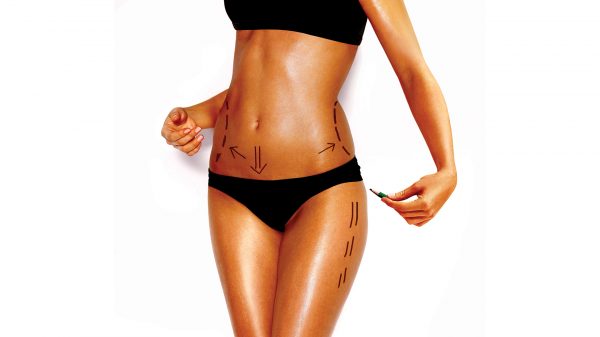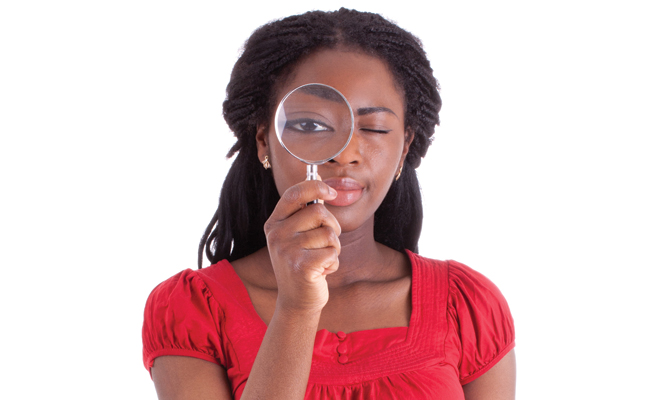Black people are three to five times more likely to have kidney failure than white people, but many are unaware of the condition. Pride investigates how to keep your kidneys healthy and when to know if it’s time to get them tested.
If you are black you’re more likely to develop kidney problems. This is because you’re more likely to have diabetes and high blood pressure than the general population. These are both common causes of kidney disease.
Kidney Research UK is a national charity that raises awareness of kidney disease amongst the black community.
“Many black people know about the higher prevalence of diabetes and high blood pressure in their communities, but they don’t realise the direct link between these conditions and kidney failure,” says Kidney Research UK’s Neerja Jain. “Kidney disease is also more likely to be progressive (worsen to the point of kidney failure) in some black and other minority groups,” she says. “Black patients with diabetes are five times more likely to go on to have kidney failure than white Caucasians with diabetes,” says Neerja. “So it’s vital that diabetes and blood pressure in this group is well-controlled to reduce the likelihood of complications such as kidney damage.”
What can go wrong with the kidneys?
The four main kidney complaints are:
• kidney infections
• kidney stones
• kidney cancer
• kidney disease
Kidney infections
These usually happen when bacteria in the bladder travel up to the kidneys. They can cause pain in the lower back and when passing urine, blood in the urine, cloudy and smelly urine, and fever. Kidney infections are more common in women. They can usually be cleared up with a course of antibiotic tablets.
Kidney stones
Kidney stones are lumps of crystals that can develop in one or both kidneys. They vary from the size of a grain of sand to a golf ball. Small ones generally pass out with the urine. Although they don’t cause any serious problems, this can be very painful, especially for men. Bigger stones can get stuck in the kidney or block the ureter (the tube from the kidneys to the bladder). This causes intense pain in the back or side of your abdomen, which may spread into the groin.
Kidney cancer
Cases of kidney cancer account for around 2-3% of all adult cancers. It’s steadily increasing in the UK, possibly due to the rise in obesity. Men are almost twice as likely to be affected as women.
Kidney disease
Kidney disease (also known as chronic kidney disease) is a term used by doctors to include any abnormality of the kidneys, even if there is only very slight damage. ‘Chronic’ simply means a condition that does not get completely better. Most people with kidney disease have a mild form of the disease. However, kidney disease still puts them at a higher risk of cardiovascular problems, such as heart disease and stroke A small but significant number of people with kidney disease develop life-threatening kidney failure, requiring treatment with dialysis or a kidney transplant.
Should you have a kidney test?
You’re at higher risk of kidney disease if you’re black and also have:
• diabetes
• high blood pressure
• protein in the urine
• a close family member with kidney failure
If you’re at higher risk, visit your GP and ask to be examined for kidney disease. This will involve measuring your blood pressure and having a urine and blood test to see how well your kidneys are working. If you have diabetes or high blood pressure, you should be routinely tested anyway.
5 tips to look after your kidneys
Kidneys are vital to your overall health, so it’s important to look after them. Five simple lifestyle steps can help to keep them in good shape.
Stay hydrated
Staying hydrated will help your kidneys function properly. Your urine should be straw-coloured or paler. If it’s any darker that’s a sign of dehydration. During hot weather in the summer, when travelling in hot countries or when exercising strenuously, you need to drink more water than usual to make up for the fluid lost by sweating.
Eat healthily
A balanced diet ensures you get all the minerals and vitamins your body needs. Eat plenty of fruit and vegetables and grains, such as wholewheat pasta, bread and rice. Don’t eat too much salty or fatty food.
Don’t smoke or drink too much alcohol
Smoking and drinking too much alcohol means that your kidneys have to work harder to remove toxins from your blood. Try to stop smoking completely and limit yourself to two small drinks a day for a man and one small drink a day for a woman.
Watch the blood pressure
Have your blood pressure checked regularly. Raised blood pressure has no symptoms, but it can increase your risk of kidney problems. A simple, quick and painless blood pressure check is available free of charge at your GP surgery and many high street pharmacies. If your blood pressure is higher than it should be, your GP can suggest lifestyle changes or, if necessary, prescribe medication to reduce your blood pressure. Read more about how to prevent high blood pressure.
Keep slim for healthy kidneys
Being too heavy raises your blood pressure, which is bad for your kidneys. Try to keep yourself at a healthy weight by keeping active and not overeating. Your body mass index (BMI) is a helpful measure of whether you’re a healthy weight. To work out your BMI, use this healthy weight calculator. Aim for at least 150 minutes of moderate-intensity exercise, such as walking, cycling or swimming three to four times a week.

































































